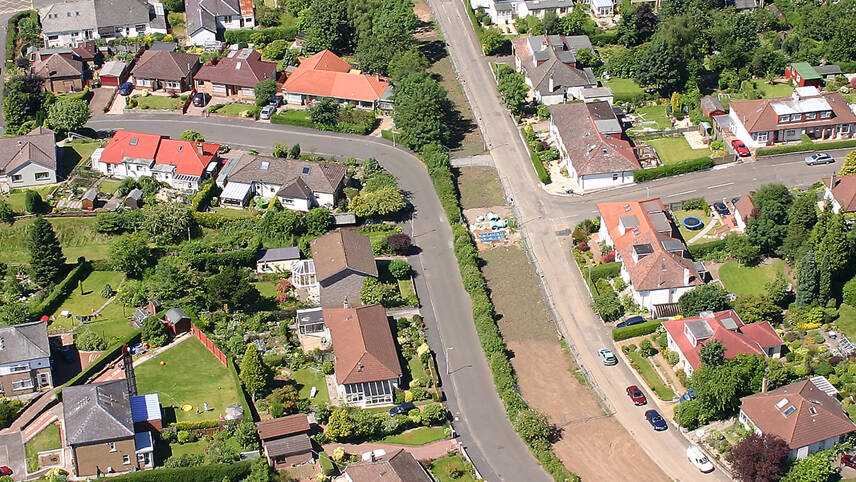This is the Sponsored paywall logged out

Address management has always been a surprisingly and fiendishly difficult task for utilities, with considerable risk involved in getting it wrong. With next-day switching requirements imminent, and a slew of UK supplier collapses creating more bulk switching events, the pressure is on utilities now more than ever to get a handle on the crucial operational issue.
 An outsider might be forgiven for wondering why address management is so difficult – surely, it’s just a matter of keeping a database up to date? However, that is to vastly undersell the scale and complexity of the task. Every six weeks in Great Britain, millions of new address records are created. This includes new developments, vanity addresses, changes of use (e.g. conversion of houses into flats) and more.
An outsider might be forgiven for wondering why address management is so difficult – surely, it’s just a matter of keeping a database up to date? However, that is to vastly undersell the scale and complexity of the task. Every six weeks in Great Britain, millions of new address records are created. This includes new developments, vanity addresses, changes of use (e.g. conversion of houses into flats) and more.
These are then typically captured manually, either by customer service operatives at the utility or by customer form entries – that is if they are captured at all. In both cases, the utility is reliant on a human being, and the sheer volume of change makes effective manual updates impossible. Not only is human error rife, but there is huge variation in how people would naturally think to format or structure an address. It is very easy indeed for erroneous, duplicate or inconsistently formatted address records to be created and only come to light when there is a problem.
Even so, is it really that important? Absolutely. You may not mind if your bill is addressed to ‘1a Mainstreet’ rather than ‘1 Mainstreet’ if it still lands on your doormat, but the risk is that it won’t. Or that your account is mistakenly assigned to another address or meter. One Glasgow woman was shocked to find her utility demanding £4,000 in unpaid bills in January of this year – it transpired her meter had been misregistered to another address and she’d been diligently paying someone else’s bill for years. There is a huge risk to the customer there, but also a hefty risk to the utility in terms of reputational damage, lost revenue (assuming she is not forced to pay) and perhaps fines.
And the fact of the matter is, things are only set to get harder. We have all witnessed the spate of smaller energy suppliers going bust and we may see more to come. In 2021 alone, more than 4.3 million customers were displaced by these collapses. That creates an administrative whirlwind for the new supplier which must take on new customers in bulk and quickly reconcile them to their own systems and address formatting. When next day switching rules finally start to bite (and we expect them to imminently), then utilities really will be hard pressed to maintain service levels while avoiding fines and reputational damage.
Then, looking to the slightly longer-term, utilities may well find life even more complex than today. There is a possible future where utilities also supply homes and businesses with added services such as EV chargers, batteries and solar panels. Today’s model of one service line and one or two meters at each address could be replaced by one with multiple interconnected services and distributed energy devices.
These are headaches utilities could do without. Especially at a time of razor thin or non-existent margins thanks to spiralling wholesale costs outstripping the price cap. So, what can be done?
The single most effective thing a utility can do is to partner with a company that has been there, done that. Idox, via its Aligned Assets Platform, is the address technology partner to the Central Switching Service, and has worked with more than a hundred large, complex organisations. The company’s technology helps utilities with an initial data reconciliation and clean-up process, making their existing records consistent and conformant with BS7666, resolving exceptions and removing duplicates by assigning Unique Property Reference Numbers (UPRNs), and matches the correct meters to the relevant address. It then keeps those records current with ongoing updates from Ordnance Survey’s AddressBase Premium dataset. In a stroke, utilities are ready for next-day switching and whatever else the future may bring and are protected against avoidable errors that can cause real harm at a delicate time for the sector.

Please login or Register to leave a comment.